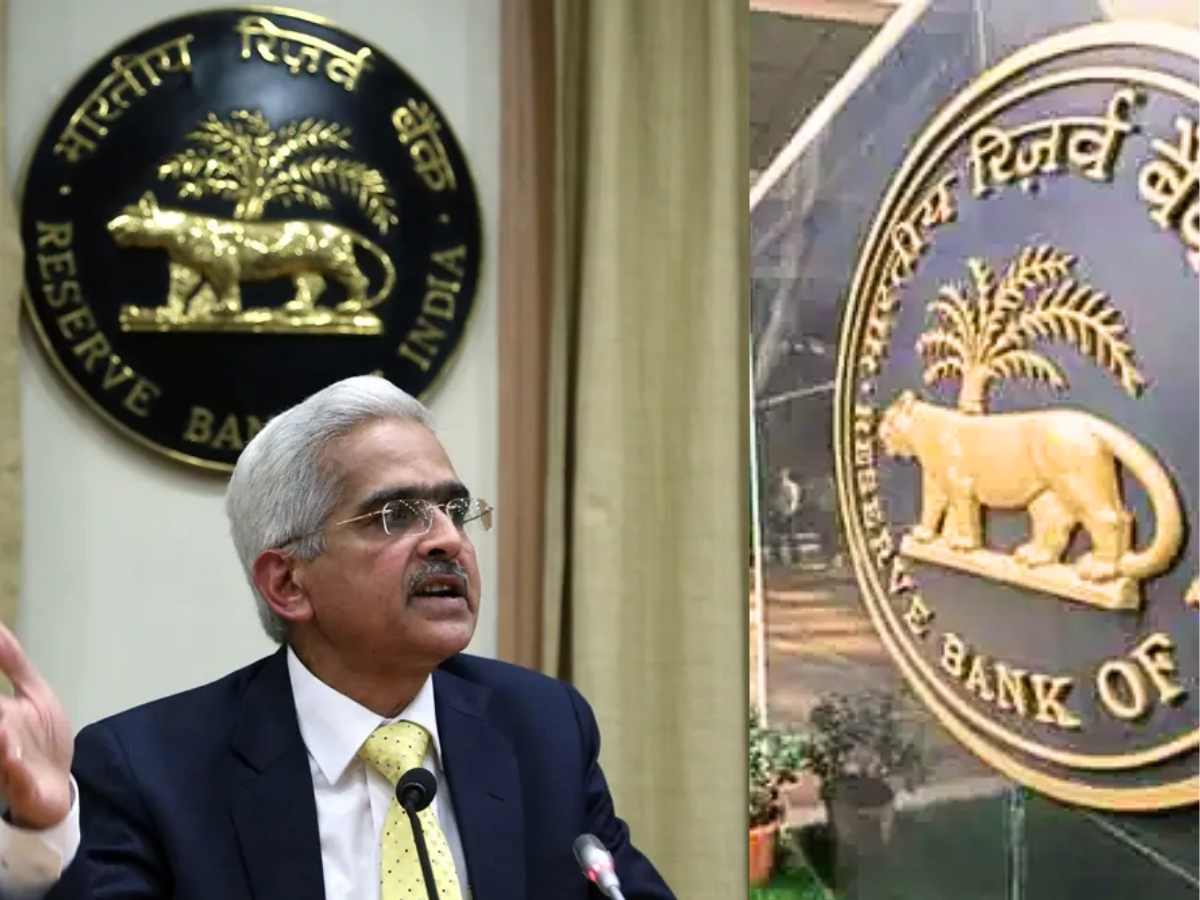RBI tightens norms for lenders investing in AIF
In order to prevent possible evergreening of loans via investments in schemes of alternative investment funds[AIFs], the Reserve Bank of India had tightened norms for lenders.

The Reserve Bank of India illustrated while regulated entities [REs] make investments in units of AIFs as a part of their regular investment operations, it has come to the regulator's notice that certain transactions were not in line with regulatory norms. According to the central bank authority, the REs shall not make investments in any scheme of AIFs which has downstream investments either directly or indirectly in a debtor company of the respective RE.
The norms apply to all commercial banks, including small finance banks, cooperative banks, NBFCs and financial institutions. Separately, the RBI said if an AIF scheme already has RE as an investor, and still makes a downstream investment in any debtor company of the RE, then the regulated entities shall have to liquidate their position in the scheme within 30 days from the date of such downstream investment by the AIF.
Join PSU Connect on WhatsApp now for quick updates! Click here
 Read Also : WCL's Team Samvad Earns Prestigious Honor from Coal India
Read Also : WCL's Team Samvad Earns Prestigious Honor from Coal India
On the other hand, in case REs are not able to liquidate their investments within the prescribed time limit, they shall make 100 percent provision on such investment. RBI added that investment by REs in the subordinated units of any AIF scheme with a 'priority distribution model' shall be subject to full deduction from REs capital funds.
Further, the directive is also aimed at plugging the loophole of wrong usage of additional borrowed funds under the AIF route to circumvent the norms relating to the restructuring of advances and declaration of NPA. REs will now need to make 100 percent provision on such outstanding debt, which will likely act as a big deterrent to irregularities.
Read Also : RINL Subsidiary Eastern Investments Limited holds 97th AGMWHO ARE REGULATED ENTITIES [REs]:
Regulated entities refer to financial institutions and organizations that operate within the framework of specific regulations set by regulatory authorities. It plays a critical role in maintaining the integrity and stability of the financial sector. Regulated entities act as gatekeepers, ensuring compliance with regulations, conducting due diligence, and implementing measures to prevent financial crimes, such as money laundering and fraud.
Regulated entities form the foundation of a well-functioning and compliant financial sector. These entities, ranging from commercial banks to insurance companies and investment firms, plays a pivotal role in maintaining stability, protecting consumers, and adhering to regulatory frameworks.
Read Also : CONCOR successfully bridges the logistical gap between Chennai and Port BlairNews Must Read
- NTPC Vindhyachal and Khargone jointly created impressive mega pavilion
- Coal Ministry allocates vesting order for Meenakshi coal mine to Hindalco Industries Ltd
- Amitava Mukherjee will continue to be CMD of NMDC
- Navratna PSU RINL holds 42nd Annual General Meeting
- REC Limited Commits Rs. 14 Crore under CSR for Advanced Cancer Treatment in Uttar Pradesh
- NHPC reports Rs 1,075 Crore Loss due to Flash Floods, results delay in project completion
- Northeast Frontier Railway partners with IRCON for electrification maintenance
- India Loses a Great Leader: Former Prime Minister Dr. Manmohan Singh (1932–2024) Passes Away
- CONCOR signs MoU with Gati Shakti Vishwavidyalaya, Vadodara
- Delhi Metro Rail completes 22 years of operations